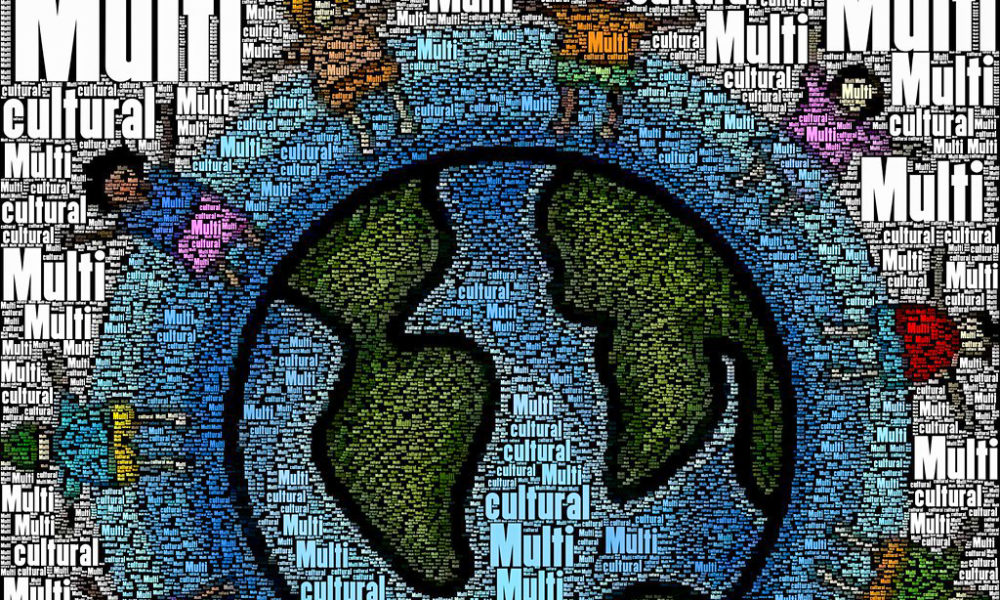In order for us to have a comprehensive education, we need at least one mandatory ethnic studies course. It would be a solid first step at fixing how excluded people of color are from history textbooks.
So when at the last Associated Students Inc. Senate meeting, the governing body declined to support Assembly Bill 1460, which would make ethnic studies a graduation requirement in the California State University system, I was disappointed, to say the least.
To be fair, the dissenting senators had legitimate concerns, they did not oppose it on principle.
Some senators who opposed the bill did so on the grounds that it would add another hoop for students to jump through to graduate. Although the idea of another arcane requirement for a degree is far from ideal, proponents of the bill say that it would not impede students from graduating.
Senate Vice President Leen Almahdi was adamant that the bill’s implementation would not provide a barrier to graduation. When the bill failed the rightfully rebuked the senate saying that failing to support the bill is disrespectful to the ethnic studies program.
Although I understand that some are reticent to add more restrictions to an already complex and difficult to navigate a path to graduation, it is disappointing that of all organizations, ASI opposes this legislation.
This is a governing body that has historically pushed for forward thinking, inclusive legislation that has enriched the lives of students and provided services for marginalized groups.
So it was surprising to see the senate so divided on this issue.
In the same meeting they finalized support for two fantastic bills that would champion educational opportunities to prisoners, so why not this?
We need classes that educate our diverse student body about that diversity. Especially now, when hate crimes are on the rise and politicians appealing to white nationalism for political gain.
We are at a political and cultural crossroads of immense importance, systems of injustice that are built on centuries of complicated, nuanced and painful history are threatening the democratic process in the United States.
Isn’t it critical that we understand why? And how? How can we hope to grapple with centuries on centuries of injustice if most people have only a hazy biased and narrow understanding of our impossibly complex pasts?
We can’t, and we also can’t do nothing and hope for the problem to fix itself.
Hopefully, the bill passes in the state senate, but if it does it will do so without the help of ASI.




